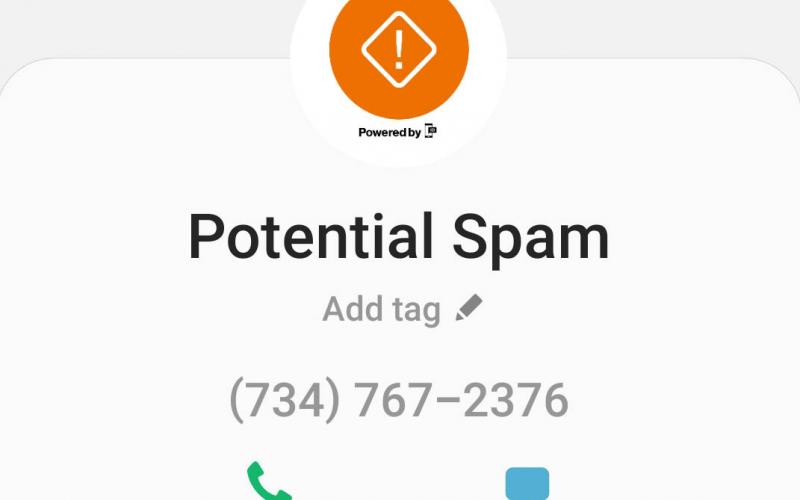The Rabun County Sheriff’s Office wants citizens to heighten their awareness of fraud this holiday season.
The holiday season is a prime time for thieves, scammers and identity thieves.
Although, scams are prevalent all year long.
"This happens all the time," said Marty Talley, captain over investigations at the Rabun County Sheriff's Office.
"There are a ton of ways to scam you," Talley said.
A scam disguises a communication from an unknown source as being from a known, trusted source.
Talley said that these scams range from someone claiming to be a representative from the IRS, Social Security Office, or from a student loan office.
"Fraud schemes have also been performed lately under the pretext of calls claiming the Social Security Administration is suspending your account and others claiming to be a Georgia Power representative," according to a statement from the Rabun County Sheriff's Office.
"Georgia Power has advised on their company website that they will never ask a customer to provide a credit card or prepaid debit card number over the phone. Additionally, the company states they will never send employees into the field to collect payment in person or ask a customer to pay anywhere other than a Georgia Power payment location."
Talley said that sometimes scammers will call someone and state that their grandchild is in custody and will ask money to be sent to release them.
"The Rabun County Sheriff’s Office would like to remind individuals that law enforcement does not notify people by phone, through email or text messages of a traffic infraction or warrant status checks," according to the statement.
"No agency is going to call you and let you know you have a warrant," said Chief Deputy Scott Cheek.
Anyone who receives this message is urged to not click on any links associated with the message or provide any personal information via phone.
Talley said that someone should be leery if they receive a message from "anyone asking for personal information or anyone wanting you to send them money."
Talley said to not provide any personal information or send them money.
"Do not provide any personal information, including credit card or bank account numbers over the phone or email," according to the statement. Cheek said that these scammers use something called "spoofing" to trick their victims.
"They make their number look like a local number," Cheek said.
He said that one clue that it's fraud is that you aren't going to know the person who is calling.
Talley said that the best thing to do when a call appears to be a scam is to hang up and call a family member and try to sort it out that way before sending any money.
“Consult with your bank. Consult with your family," Talley said.
If someone does provide banking or personal information, the sheriff's office recommends they contact their financial institution and obtain credit reports to ensure their identity has not been stolen or fraudulently used.
"Go ahead and call the bank and do credit monitoring," Cheek said.
If you are unsure whether a phone call or message you receive is legitimate, call the sheriff’s office for verification at 706-782-3612.

